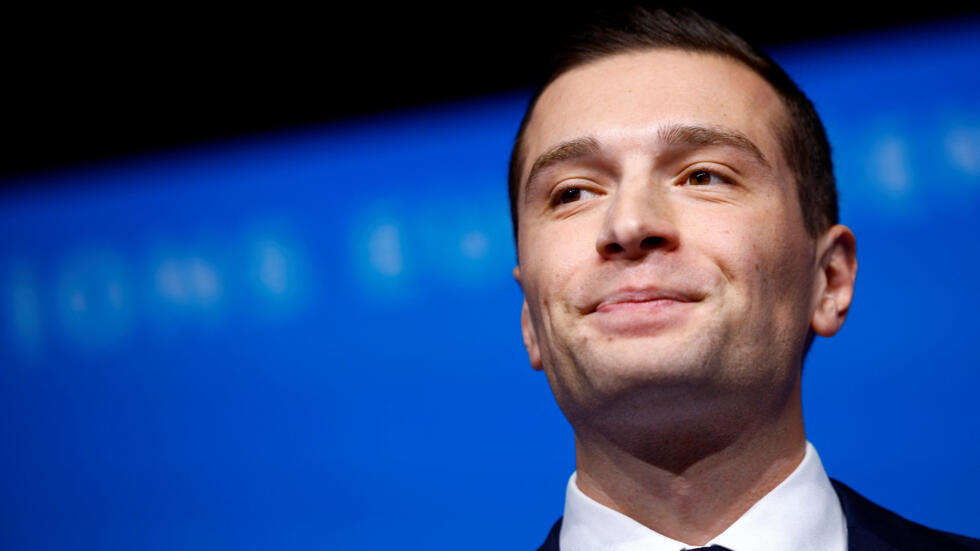PARIS, (Reuters) – France’s far-right leader Jordan Bardella would seek to counter Russian challenges to French interests if he became prime minister next month, he said today, but would draw a line at sending long-range missiles or French troops to Ukraine.
Bardella’s National Rally (RN) party, which opponents accuse of being too soft on Russia, looks set to win the most votes in snap parliamentary elections coming up on June 30 and July 7 and could form France’s next government.
“I see Russia as a multi-dimensional threat both for France and Europe,” Bardella told a press conference in Paris.
“Russia is challenging French interests today. It has been doing so for months, for years in our historical sphere of influence in Africa, in the Black Sea and in our overseas territories,” he said.
“I will be extremely vigilant to any attempted interference by Russia but also by any other states or powers in the world.”
Setting out his position on the war between Russia and Ukraine, Bardella said that as prime minister he would avoid any action that could put France in direct military confrontation with Russia.
“My red line is very clear, it’s sending troops into Ukrainian territory,” he said.
“While I’m in favour of continuing to support Ukraine with logistics and defence equipment, my red line remains long-range missiles or any military equipment that could lead to escalation, by which I mean anything that could directly hit Russian cities.”
The RN is under scrutiny on the issue of Russia because its likely candidate at the next presidential election, Marine Le Pen, took a loan from a Russian bank and spoke admiringly of President Vladimir Putin in the past.
Moscow has long courted leaders on Europe’s political far right, such as Le Pen and Hungarian Prime Minister Viktor Orban, and is keen to exploit any signs of division in Europe that could weaken support for Ukraine.
President Emmanuel Macron, whose centrist party was trounced by the far right in European elections two weeks ago, has long accused Le Pen of being reliant on Russia and incapable of defending France’s interests against it.
He used the line of attack during the last presidential campaign in 2022, when he faced Le Pen in the run-off. He has continued to do so since then, though with less success given the rise of the far right.
Russian politicians revelled in Macron’s defeat in the European elections.









